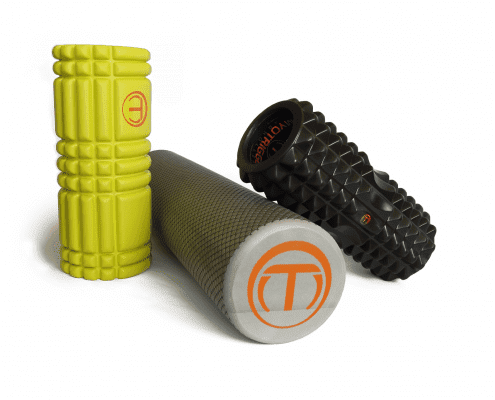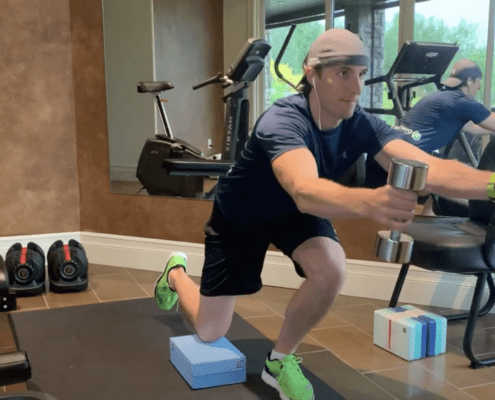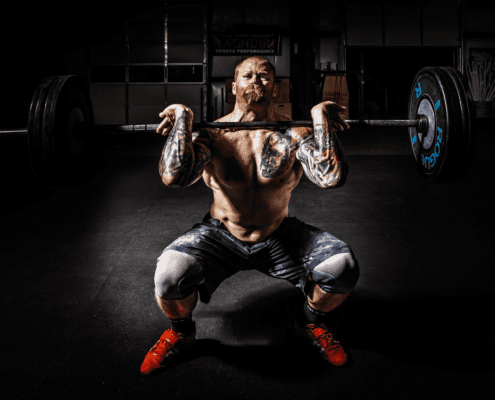Great Exercise To Work On Stability, Core & Back: Bird Dog Row
There are many different variations of the Bird Dog Row that you can try, three of them in increasing difficulty are: Bench Bird Dog Row, Standing Bird Dog Row, and then the Raised Hand Standing Variation.
Bench Bird Dog Row:
Standing Bird Dog Row:
Extra challenge. Raised hand Standing Bird Dog Variation:
Technique here could use a little work with a higher back leg and more straight out-stretched arm
How to do this exercise:
Set up: the hand you are going to be rowing with (pulling the weight from an extended hand to your rib cage), that same side leg/knee will be down and making contact with the floor/bench. The other leg will be raised until it’s parallel with the ground.
Doing the exercise: engage your core (think drawing your belly button into your spine), and row the weight to your rib cage from a fully extended hand. Make sure to initiate the movement at your shoulder blade first, and “pinch your spine” with that shoulder blade; you also want to keep the shoulder blade down (away from your ear) and “tucked in your back pocket.” Breathe out as you row, inhale as you lower the weight.
- With the arm raise version: raise the opposite rowing arm and make it one straight line with the raised back leg. You should feel that raised arm rotator cuff muscles firing. If you can imagine an ” X ” across your back, before doing the row there should be three points of that X that feel strongly contracted. When the weight is rowed all four points should feel strongly contracted, the “newly contracted” spot being that rowing arm side.
Tips to do this exercise effectively:
- Really focus on squeezing your butt cheek (glute) of the raised led and “reach” with it for better stability; doing so will also help keep your pelvis level and neutral (level = left and right sides of your hips are same height, neutral meaning your lower back is flat and is not excessively curved or rounded)
- Elongate your spine: before your start the row, try to length your spine by pushing your hips back and lengthen through the crown of your head
- With the standing variation to help with stability: focus on where the weight in your foot is, and maintain pressure through your big toe, little toe, and heel
You might also like:





